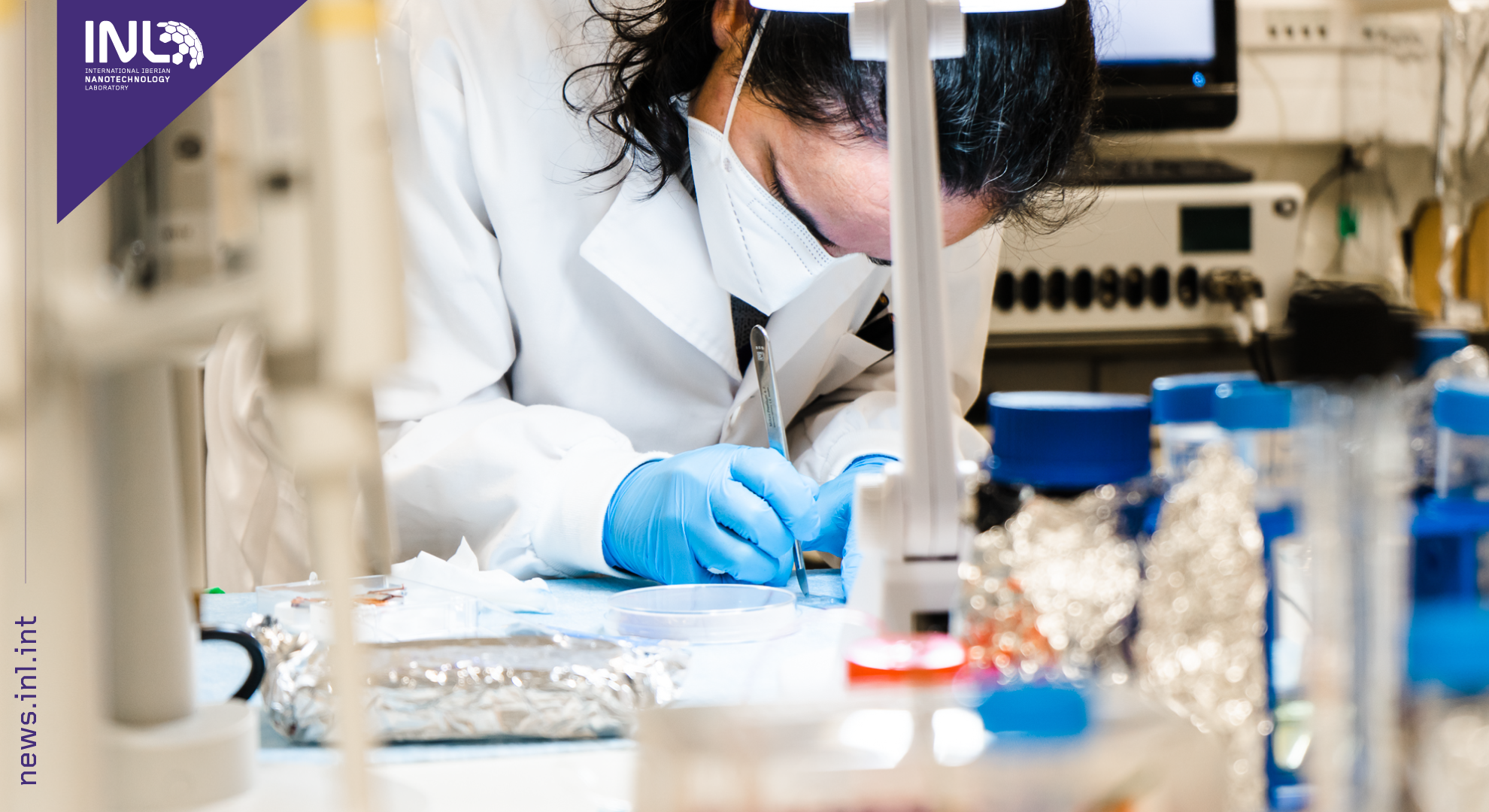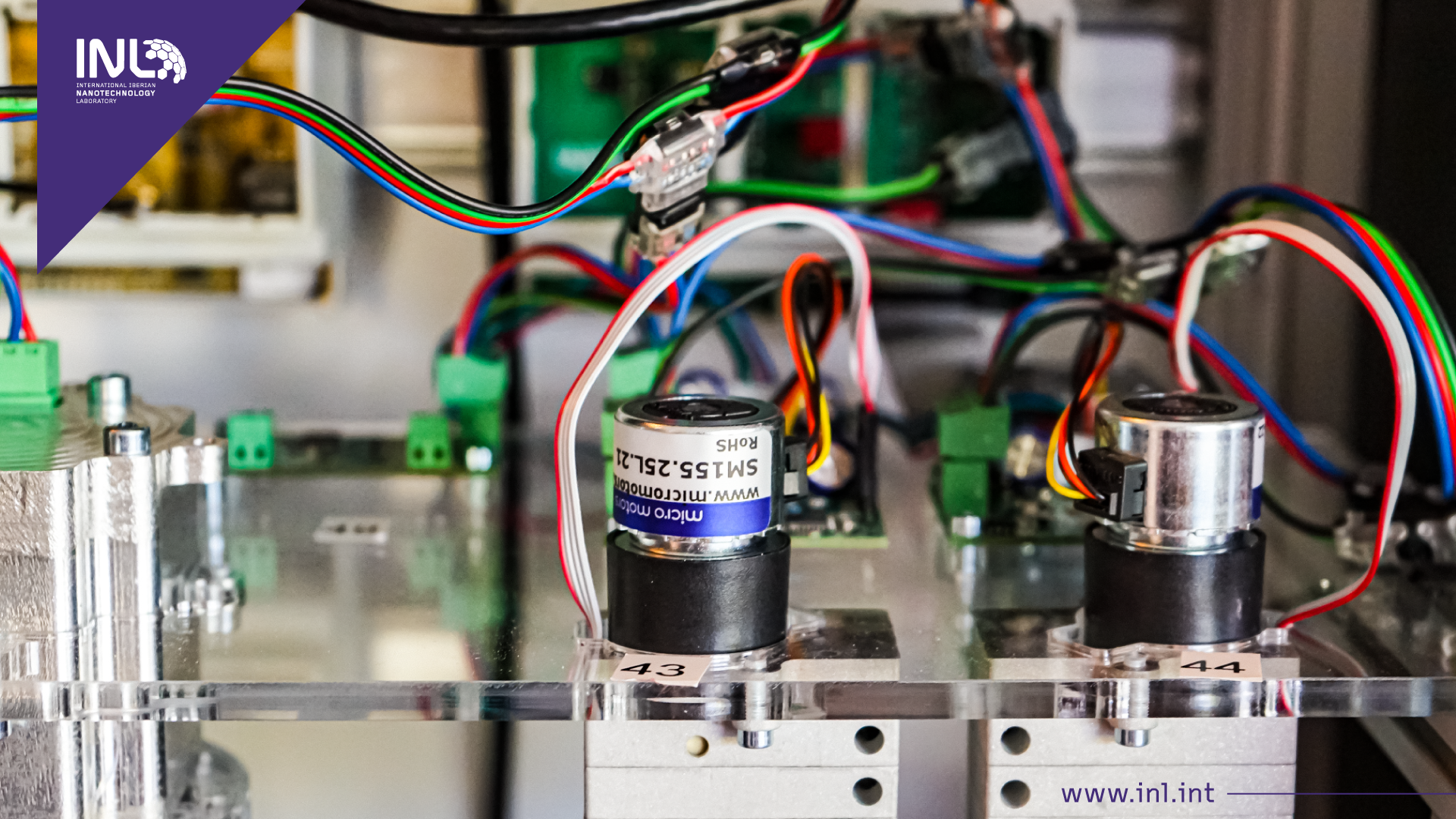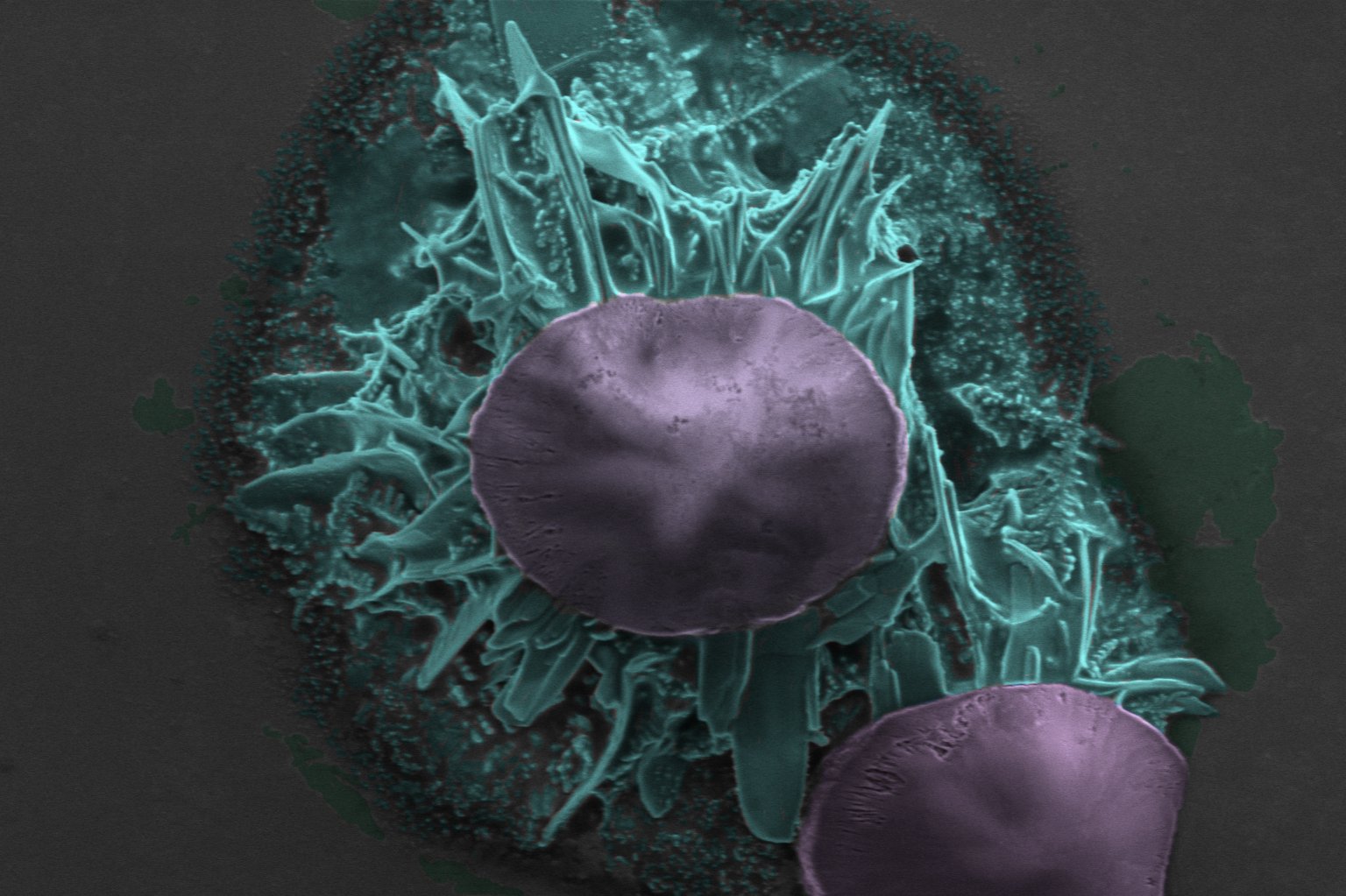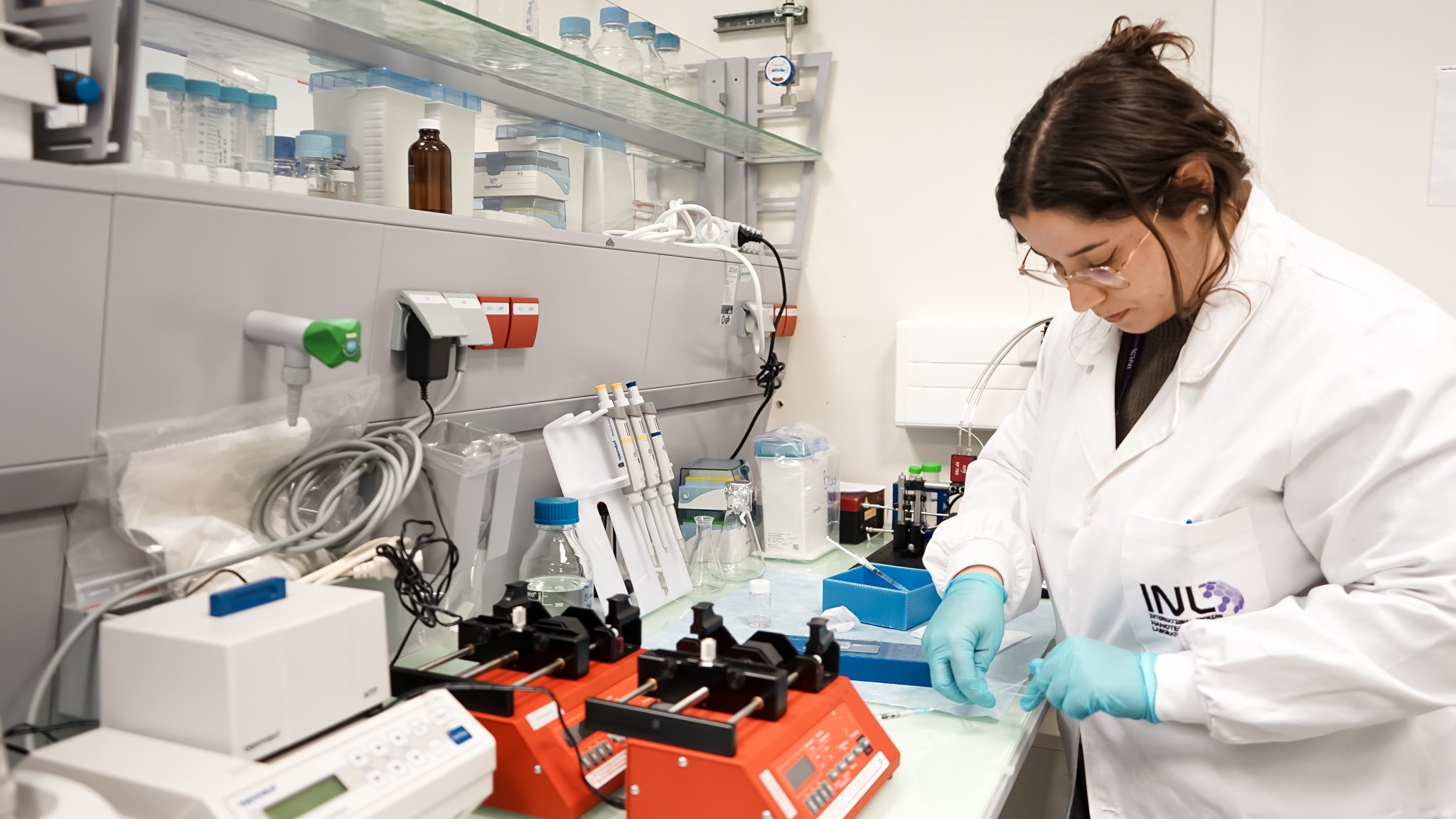
LABPLAS project funded by the European Commission with €5 million was launched
August 12, 2021
LABPLAS project funded by the European Commission with €5 million was launched. The project is financed by two different programmes within the European Union’s Horizon 2020 – the SOCIETAL CHALLENGES – Climate action, Environment, Resource Efficiency and Raw Materials and Enabling the transition towards a green economy and society through eco-innovation under the topic ‘Plastics in the environment: understanding the sources, transport, distribution and impacts of plastics pollution’.
A total of 17 partners from 8 countries will apply technological advances (sampling, analysis, quantification), promote biodegradable novel materials, develop innovative and up-scalable models (for assessing the fate, effects and risks of plastics), and present results to national and international authorities and industry for decision making.
Framework
Approximately 6,300 million tonnes (Mt) of plastic waste has been generated to date, 79% of which has been accumulated in landfills or the natural environment. If current production and waste management trends continue, roughly 12,000 Mt of plastic waste will be in landfills or the natural environment by 2050. Land-derived plastics reach environmental compartments from multiple sources, where they fragment into increasingly smaller particles (<100 μm) with suspected increase potential for bioavailability and risk as particle size decreases. Since the fragmented small particles cannot be easily removed from ecosystems, prevention is better than cure. Strategies to prevent plastic from entering the environment and research on aquatic biodegradable alternatives should be taken promptly.
About the project
LABPLAS is a comprehensive collective effort coordinated by the University of Vigo (Galicia, Spain), encompassing expertise in pollution, environmental modelling, environmental chemistry, ecotoxicology, oceanography, hydrology, paleoecology, soil ecology, microbiology, water engineering, nanotechnology, economics and knowledge transfer. These experts have teamed up with the aim of providing the European authorities with the pre-normative knowledge needed to fight plastic pollution on solid scientific grounds.
In plastics size matters, and the smaller is suspected to be more intrinsically hazardous. Therefore, LABPLAS will study the smaller fractions (micro and nano plastics (SMNPs)), which are commonly not monitored in the environment, since they are more easily taken up by organisms. Plastics are not just polymer, and LABPLAS will additionally pay attention to chemicals added to plastic objects to enhance their physical properties, and assess their potential effect on metabolism.
LABPLAS includes field-work in two contrasting case studies: the urban-industrial Great North Sea including Thames and Elbe basins, and the rural but highway-crossed Mero-Barcés basin (NW Iberian Peninsula) including a reservoir that supplies drinking water to the city of A Coruña (Galicia, NW Spain). Terrestrial soils, freshwaters, marine waters, atmospheric particles, sediments, and aquatic biota samples will be studied using novel techniques from remote sensing to nanotechnologies, and provide robust tools and harmonised methodologies for plastic pollution monitoring. Plastics from environmental samples and new-generation plastics will be tested for toxicity and biodegradability to produce a scientifically sound risk assessment where the risk posed by plastics is quantified as a function of general descriptors (e.g. fragmented particle size and shape, composition in combination with chemical additives and persistence).
Environmental and laboratory data will then feed a suite of environmental models, identifying or predicting sources, transport among compartments, and potential transfer of chemicals to biota; this will be up-scalable to produce pan-European plastic information system (e-PLAS). The aim of the interacting models is to provide tools for environmental management and planning of effective mitigation measures.
In short, LABPLAS will provide scientific evidence supporting decision making in regulatory efforts and inform consumers within the current legislative initiatives prompted by the EU Plastics Strategy and the Plastics Directive (EU 2019/904) by providing solid scientific evidence and novel technical developments rather than by misperceptions and false myths on plastic properties.



